Spiritual Moral Social and Cultural Development (SMSC)
Spiritual Moral Social and Cultural Development Statement
We recognise that the spiritual, moral, social and cultural development of our pupils is of fundamental importance in the ‘whole child’ education we strive to achieve. It supports all areas of learning and is key to a child’s motivation to learn. We recognise that such development is most successful when the values and attitudes promoted by all the staff provide a model of behaviour for our pupils. These values are outlined below:
Spiritual
Explore beliefs and experiences; respect values; discover oneself and the surrounding world; use imagination and creativity; reflect.
Moral
Recognise right and wrong; understand consequences; investigate moral and ethical issues; offer reasoned views.
Social
Use social skills in different contexts; work well with others; resolve conflicts; understand how communities work.
Cultural
Appreciate cultural influences; participate in culture opportunities; understand, accept, respect and celebrate diversity.
We aim to provide an education that gives pupils opportunities to explore and develop their own values, beliefs and spiritual awareness. Pupils should demonstrate a positive caring attitude towards other people, an understanding of their social and cultural traditions and an appreciation of the diversity and richness of other cultures whilst encompassing the British values of democracy, rule of law, individual liberty, mutual respect and tolerance of those with other faiths and beliefs.
The integrity and spirituality of pupils from other faith backgrounds will be respected and explored. The diversity of traditions will be recognised, and pupils will be given access to alternative views.
The school community will be a place where pupils can find acceptance for themselves as unique individuals, and where resilience and the opportunity to start again is fundamental to the ethos of the school.
Pupils should learn to differentiate between right and wrong in as far as their actions affect other people. They will be encouraged to value themselves and others.
Pupils should understand the need for rules and the need to abide by rules for the good of everyone. School and classroom rules reflect, reiterate, promote and reward acceptable behaviour and provide opportunities to celebrate pupils' work and achievements.
Every half term, as a school, we focus on the development of one of the following elements:
Our Community – How can we make Byker and Newcastle an even better place to live?
Our World – How can we protect our natural resources over time? How we can reduce waste and reuse materials in order to look after our planet?
Our Contribution – What can we do to give back to our community through volunteering our time and effort? How can we develop inter-generational partnerships in our area?
Our Futures – How can we follow our interests and gain the knowledge and skills necessary to be successful in our next steps? How can we link our learning to future opportunities?
Our Wellbeing – How can we together develop strategies to support our mental health and wellbeing? What can we do to help us to feel good so that we are ready to learn and able to participate fully?
Our Cultures – How can we best celebrate the diversity within our school and local community? How can we learn about each other and develop shared understanding, tolerance and respect?
